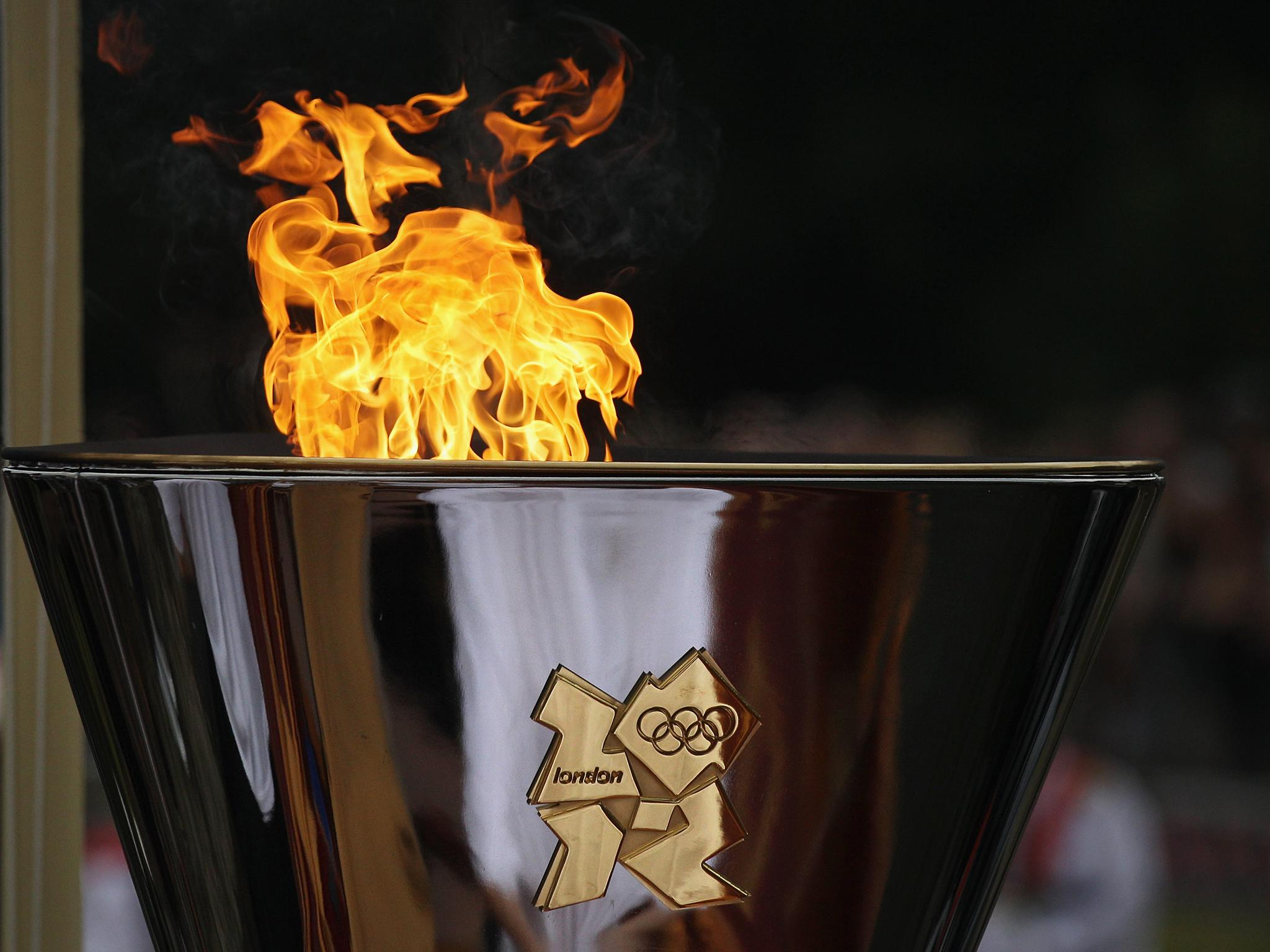British universities didn’t do enough to take advantage of London 2012 Olympics, report finds
Engagement around the London Games described as 'poorly planned, short-termist and narrow'

UK universities should be doing more to take advantage of major sporting events like the Olympics and using their findings to further their teaching and benefit communities, a new study has found.
Although the vast majority of higher education institutions (HEIs) were involved in the 2012 Olympics in some way, the research concludes universities largely failed to incorporate potential gains for learning and wider engagement that could have been taken from such an opportunity.
Dr Girginov, a sports management and development expert at Brunel University - which carried out the study in collaboration with Tokyo Metropolitan University - believes the abundance of major sporting events in the UK presents institutions with the opportunity for wide-scale economic and social gains.
“There’s endless opportunities in research, organising committees, pre-event training, volunteering and public engagement,” he said.
Investigations by universities during the Olympics that focused around the potential for increased sport participation, it has been discovered, were, for the large part, poorly planned and short-sighted, failing to use their findings in a constructive way that could benefit society.
The potential the Games held for higher education was recognised as far back as 2005, meaning the UK’s high population of Olympic scholars and the annual National Olympic Academy that was held for academics has made the report’s findings all the more surprising.
Professor Mike Weed of the Centre for Sport, Physical Education and Activity Research, identified in 2012 how universities expected their research to contribute towards creating “lasting partnerships, enhanced organisational profile, and improved skills and employment opportunities,” reports the Guardian.
These ambitions and their failure to be realised by HEIs are echoed in Brunel’s study, in which a survey conducted reveals how the 65 per cent of respondents who expected benefits in building partnerships is contrasted with the reality where most new partnerships were largely limited to other UK-based and HEIs, rather than the unique opportunities for forging beneficial international links the Olympics provides.
Fears that universities might not deliver on the long-term benefits their research into the games could present were relayed in 2012. Dr Beatriz Garcia, of the Institute of Cultural Capital, stressed the need for HEIs to play a more active role in delivering change, rather than only being able to “comment or reflect on what has been, while struggling to intervene in time for actual reform.”
Others were sceptical as to whether universities would engage with communities directly affected by the London Olympics. Janice Forsyth, of the International Centre for Olympic Studies, stressed the need to take into account “how research and teaching at universities will give back to the social welfare programs that often get cut because of funding that’s been diverted to host the biggest party in the world.”
Four years on, this failure on the part of higher education is realised in Dr Girginov’s study, as he elaborates: “There has been a growing political and economic recognition of the benefits mega sport events can bring to society.
“These benefits go well beyond the field of sport, but don’t happen automatically, and the UK higher education sector can only gain from a more strategic engagement with the opportunities presented by these events to build its research and teaching capacity.”
The London 2012 Olympics established the UK as a leading host for major sporting competitions, and with the upcoming 2017 IAAF World Athletics Championships, 2018 Women’s Hockey World Cup, and 2020 Uefa European Football Championships, it is hoped this important research will stop similar mistakes from being repeated in the near future.
Join our commenting forum
Join thought-provoking conversations, follow other Independent readers and see their replies
Comments
Bookmark popover
Removed from bookmarks